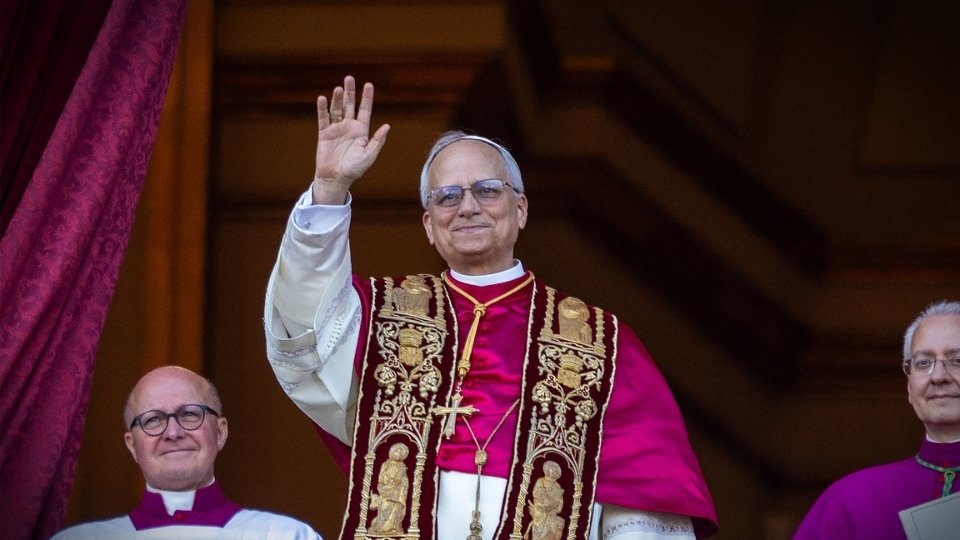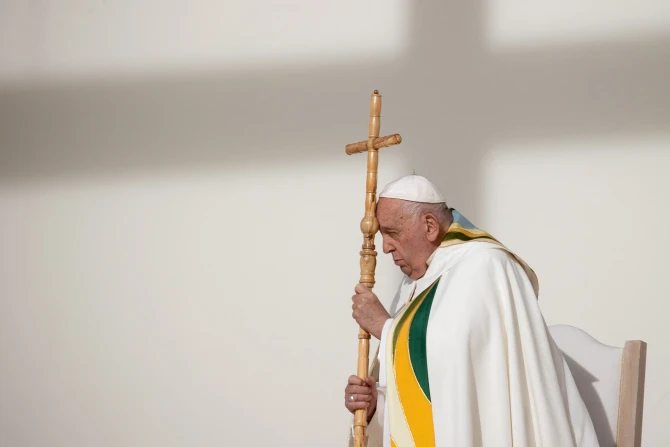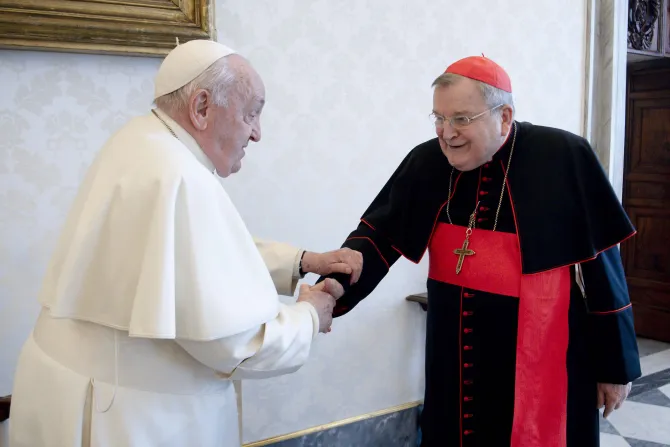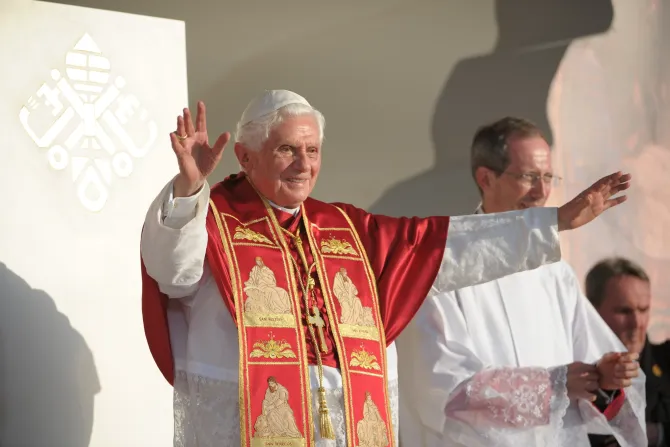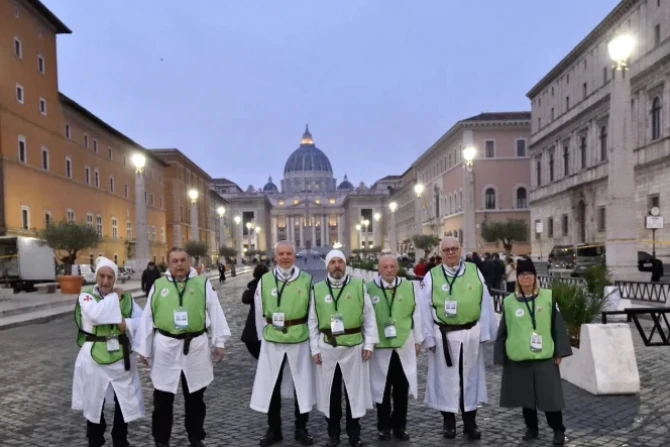Over his 12-year pontificate, Pope Francis left a lasting imprint on the Church and the Vatican. He reformed the Roman Curia to make it more transparent and effective, while continuing the Church’s efforts to confront clerical abuse. Committed to integrity, he introduced financial reforms aimed at greater accountability.
SIGN UP FOR OUR NEWSLETTER HERE
He raised his voice for peace in Ukraine, the Holy Land, and other war-torn regions, and consistently defended the dignity of human life, from the unborn to the elderly.
Reaching beyond the center of power, he traveled to the peripheries to stand with the marginalized.
By appointing the majority of the cardinals who will choose his successor, he helped shape the Church’s future long beyond his own time.
Despite his many reforms, there are many challenges Pope Francis‘ successor faces: the most pressing ones include the Church’s growing financial debt, increasing polarization and divisions in society and the Church.
Card. Rainer Maria Woelki, Archbishop of Cologne, Germany, notes:
“There are major challenges ahead. One is ensuring that the unity of the Church is preserved in matters of faith. Another is that what Pope Francis has initiated is now being brought into order and carried forward with greater theological depth. This applies especially to what Francis repeatedly refers to as synodality. In Germany—and, I believe, in other parts of the world as well—there is still a great deal of uncertainty about what synodality truly means from a theological perspective. It’s important that it does not devolve into distorted forms, such as a kind of parliamentary system, but that its spiritual and theological dimensions are fully realized.”
The digital revolution is bringing new challenges, especially pressing is the issue of work. Pope Leo XIV by choosing his name is directing the Church to respond to a new Industrial Revolution. His Holiness noted to his brother Cardinals:
“Today the Church offers to all its heritage of social doctrine to respond to another industrial revolution and developments in artificial intelligence that bring new challenges to human dignity, justice and labor.”
Card. Fernando Filoni, Grand Master of the Order of the Holy Sepulchre, adds to the significance of the Pope’s new name, “I asked him, ‘Why did you choose that name?’ He said he was torn—Augustine, since he’s an Augustinian, or Leo. In the end, he chose Leo. Why? He told me, ‘At this moment, we need a man with a clear vision for the Church.”
Card. Woelki highlights, “In light of the turmoil in the world today, including the social unrest we are experiencing, we are once again dependent on the Pope’s voice. Just as we once relied on Leo XIII, so today we rely on Leo XIV. And I am quite sure he will do the same.”
Another big challenge of the new Pope is to guide the Church in the time of many wars. His first words as Pontiff were “Peace be with you.”
“It is the peace of the risen Christ,” the Pope added, “A peace that is unarmed and disarming, humble and persevering. A peace that comes from God, the God who loves us all, unconditionally.”
Card. Filoni emphasizes, “I am sure this message will remain an essential part of his pontificate—not in a sociological or political sense, but as he said: ‘The peace of the Risen Lord.’ Without the peace that comes from the Lord, people will never achieve true peace.”
The theme of peace Pope Leo XIV continued as well in his first audience with journalists and media operators. Where he invited them to advance truth and disarm violence:
“The way we communicate is of fundamental importance: we must say ‘no’ to the war of words and images, we must reject the paradigm of war.”
Card. Kurt Koch, Prefect of the Dicastery for Promoting Christian Unity, explains the reality of the election of the new Pontiff:
“The conclave has shown that the rifts that have been repeatedly talked about in the run-up to the election – almost a war between the so-called traditionalists and conservatives and the so-called progressives – are not true. Because when so many cardinals can present such a good result within 24 hours, it is also a sign that there is a consensus. And that is a positive sign.
“There are a lot of challenges that Pope Leo will face, but what the conclave has shown is that the college of cardinals have united around the new Vicar of Christ.”
Adapted by Jacob Stein

